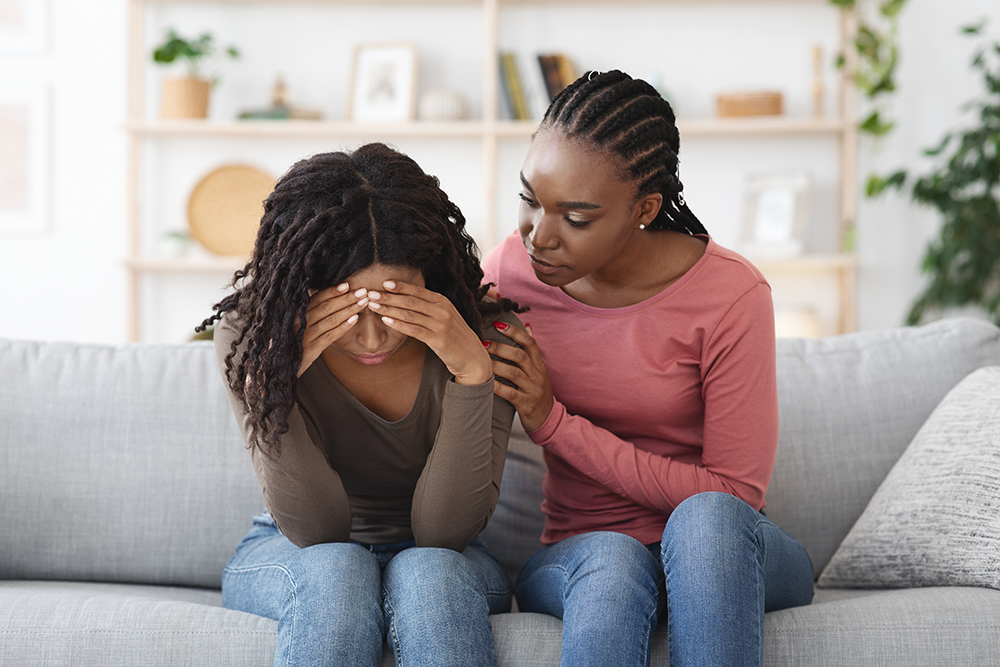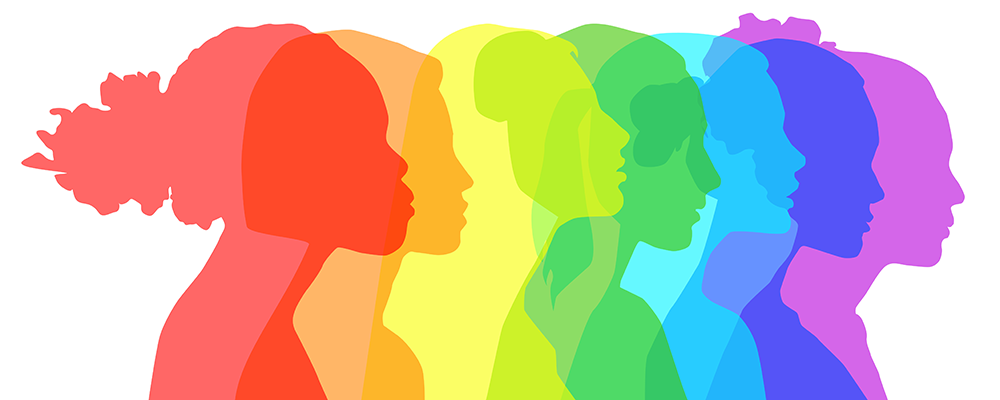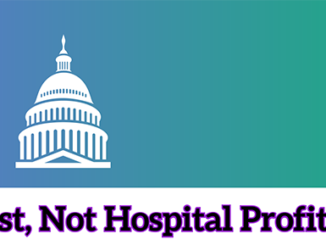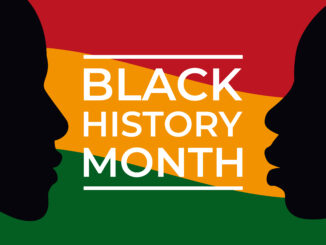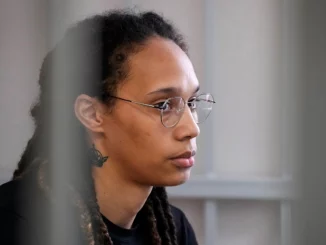
By Beverly Dawn Whatley, M.Ed.
When one’s car starts making a noise or the gauge indicates low fuel, there’s no debate about calling the mechanic or pulling into a gas station. A car is not safe if it’s running poorly, and it cannot be expected to run at all without fuel. Why can’t we have the same connection to our well-being? We ignore symptoms as if they will go away. It’s too bad we are not equipped with warning lights. Too many of us are destined to be on the side of the road.
May is officially a Mental Health Awareness Month. A national focus on mental well-being was started in 1949, yet there is still a stigma when it comes to talking about and managing mental health. People don’t get squeamish if one mentions having their teeth cleaned or a visit to the podiatrist. Start a conversation about your mental state, and folks start to feel “some kinda way” about it. Obviously, we are not a head-to-toe society. We should have the same concern about “a checkup from the neck up” as we do about the rest of the body.
One of the biggest lies is the answer to this question. How are you? Are we really “fine”? How many shades of un-well can one experience? Sky blue, ocean, cobalt, midnight …we’ve all been there. We can romanticize it with a dark room, jazz, and some 80 proof, but it still hurts.
When is the shade of blue so dark it registers as black, and demands outside help?
Singing “the blues”
Around the time of the Civil War the work song and the spiritual hymn gave birth to the blues. Forced labor and the faith needed to face it took our ancestors into the deepest shades. Sometimes the lyrics were about loss; other times they found humor in being raunchy. Unwinding in the juke joint was medicine. The word “juke” comes from Gullah and means rowdy.
Perhaps the reader never heard of Lightnin’ Hopkins or “Big Mama” Thornton. Your grandparents played the vinyl of Etta James, B.B. King, Ray Charles, and we were forever changed by Strange Fruit as performed by Billie Holiday.
Music has always been a way to mirror how we were feeling, or to wash our souls in the mournful notes of a song. Duke Ellington penned a jazz hit with his “You ain’t been blue ‘til you’ve had that Mood Indigo”. Music heals the broken places.
Deeply planted seeds
How does one get to that broken place of feeling hopeless or severely depressed? Health issues, economics, personal relationships, family drama, deaths, and stress on the job can feel different at every decade of our lives and a combination can happen at the same time.
We must acknowledge historical and structural racism. There is a theory, still in study, that intergenerational trauma if inherited can reorient our DNA, altering how our genes function [epigenetic change]. Your grandparents heard of Emmitt Till and saw the horrific pictures. Flash forward to a hooded young man walking with a bag of fruit candies. Then, a host of names we say in remembrance. Murals and memorial T-Shirts are just ways to support our well-being and to put our “strange fruit” into perspective.
A major trauma in the African American community is the constant readiness to confront oppression. How am I being perceived? Will I live through a routine traffic stop? Each incident adds to a stress fracture that grows over time. What may seem like a small thing when it finally blows, is cumulative. It may manifest as someone saying or doing that which is completely out of character. Recall outcomes when police encounter mental illness. There is need for reform.
The Black male is often underdiagnosed and untreated due to social norms about masculine strength. Depression, anxiety, grief, the economy, and gun violence have impacted and even raised suicide rates in Black youth.
As if fighting the day-to-day and the unseen enemy of discrimination weren’t enough, in 2020 here comes COVID. It didn’t single out the Black community. It was an equal opportunity destroyer. However, with many Blacks having less access to regular medical care, and a series of comorbidities [hypertension, diabetes, weight issues, asthma…] when it hit it hit harder, lasted longer, did more damage, and was often fatal. Due to its virulent nature, hospital visits were denied. Gatherings to share grief at a passing, denied. Funerals, denied. Where does one place the emotion that was not allowed an outlet? How does one cope when this is repeated multiple times?
There is no shame in taking care of the complete self, including the part that regulates thoughts, feelings, and actions. One would tend to faulty brakes on a car, right?
Be your own first responder
Journaling is a personal way to release the pressure. Allow uncensored thoughts to leave you and find their way to a page or a flash drive.
Support a “Wellness Day” several times a month at your workplace. In an office, casual attire; positive affirmations left at workstations; affordable lunch ordered in for a fellowship; if a budget allows, hire a masseuse to bring their chair for some neck and shoulder massages.
Within your family, create a safe environment [a chair, the porch…] where one can decompress privately in “time out”, no questions asked. Respect the signals.
Take a mental health day from your bank of sick days and personal time. Choose your day wisely and look forward to the time to reboot.
Go to a church or get involved in some other structured opportunity to connect spiritually.
Participate in an activity that brings you joy, alone or in a group.
Join a book club. In-person or virtual, select exciting fiction, an inspirational biography, Bible study, or a self-help title that meets the needs of the entire group. Read, reflect, and enjoy some shared refreshments.
Acknowledge symptoms, how long they last, and when self-care is not enough
Those prone to depression steel themselves to get through holidays. Spring can be a challenge and a trigger for an episode as new life emerges but not everywhere, not everyone.
Flight attendants advise us to secure our own oxygen masks before we attempt to aid others. Keep an eye out for family and friends, but don’t forget to look in the mirror. If you don’t have a regular physician for a referral, contact a national or local resource for a service provider. Some are free of charge. If you or someone you know is having difficulty with maintaining a sense of well-being, help is a phone call or a few keystrokes away. Watch for:
Self-medicating with alcohol or other drugs
Difficulty with eating or sleeping
Prolonged isolation
Feelings of sadness
Suicidal thoughts
Let’s be pre-emptive. We don’t always have to wait for the warning light.
RESOURCES:
In the event of someone else’s emergency, call your local 911.
In the event of your own life-threatening emergency, call the new 988.
988 Suicide and Crisis Lifeline | Federal Communications Commission (fcc.gov)
Here are crisis talk lines and links to national agencies. You’ll find referrals for depression, bipolar imbalance, or substance abuse.
NIMH » Mental Health Information (nih.gov)
Find your state and the office closest to you for peer-based, non-clinical support. Expect resources, groups and educational programs for families or individuals, free of charge.
Home | NAMI: National Alliance on Mental Illness
If feelings are mild and you just need to “find your tribe” for support, explore this link.
Free Online Resources for Mental Illness (oprah.com)
Locally:
Do a web search “Mental Health Resources near me” if you want to get into a program.
About Beverly Dawn Whatley
Beverly Dawn Whatley is an alumna of Eastern Michigan University and Chapman University of Orange, CA. As an educator Beverly, a former secondary and college instructor, is a literacy specialist and instructional coach for the state of Michigan. Her work includes incorporating socio-emotional components into the academic expectations. Due to her work in documentary production and TV news, a keen journalistic inquisitiveness inspires her writing. Ms. Whatley has tackled courageous topics published in B.L.A.C. magazine of Detroit, and contributions to Heart and Soul. She is also a writer for The Crisis of the NAACP. When not an educational consultant or journalist, Beverly seeks more opportunities as a voice-over actor.



